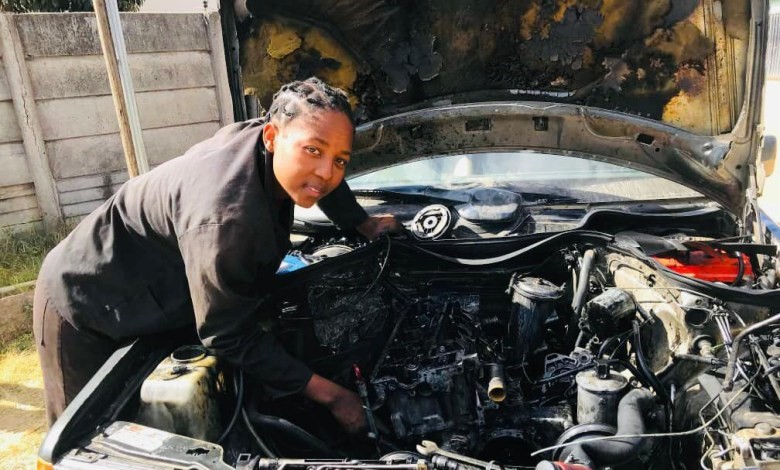Introduction
Tanzania's automotive industry is witnessing a notable shift, with an increasing number of women actively participating in various sectors. From entrepreneurship to skilled labor and leadership roles, women are carving out a stake in this traditionally male-dominated field. In this article, we explore the evolving role of Tanzanian women in the automotive industry.
Entrepreneurship and Business Ownership
Women in Tanzania are breaking barriers by venturing into automotive-related businesses. This includes auto repair shops, spare parts dealerships, and car rental services. These women entrepreneurs contribute to the economy and challenge stereotypes about women's roles in the industry.
Skilled Labor Force
Women are gradually entering skilled labor positions within the automotive sector. Mechanic shops and garages are increasingly hiring and training female mechanics and technicians. This shift not only addresses gender equality but also provides women with opportunities for economic empowerment.
Leadership and Advocacy
The emergence of women in leadership roles within automotive organizations and advocacy groups is another positive development. Women advocate for gender diversity and inclusion in the industry, pushing for policies and practices promoting equal opportunities.
Challenges and Opportunities
While progress is being made, women in Tanzania's automotive industry still face challenges such as stereotypes, limited access to training, and gender bias. However, these challenges are being met with determination and a growing recognition of women's valuable contributions to the sector.
Future Prospects
The increasing stake of Tanzanian women in the automotive industry is a positive sign for the sector's future. With ongoing efforts to break gender barriers, promote skill development, and support women entrepreneurs, the industry is poised to become more diverse, inclusive, and innovative.
Conclusion
Tanzanian women are gradually but steadily making their mark in the country's automotive industry. From entrepreneurship to skilled labor and leadership roles, their involvement reshapes the sector's landscape. Overcoming challenges and seizing opportunities, these women contribute to the industry's growth and inspire future generations to follow in their footsteps.





